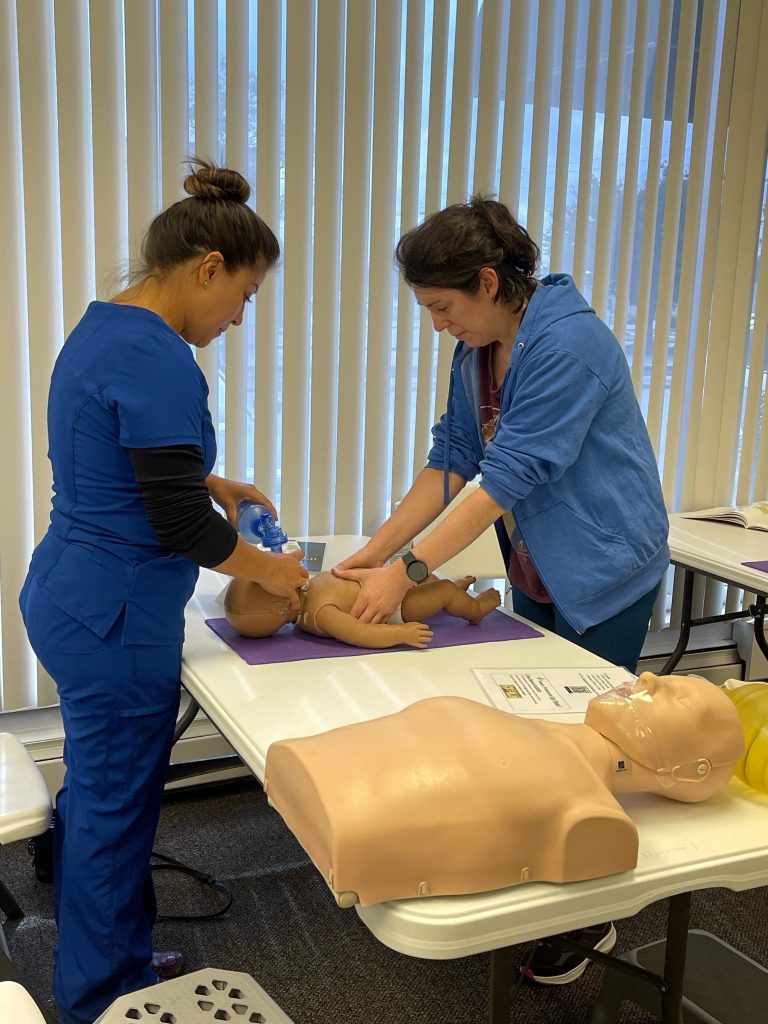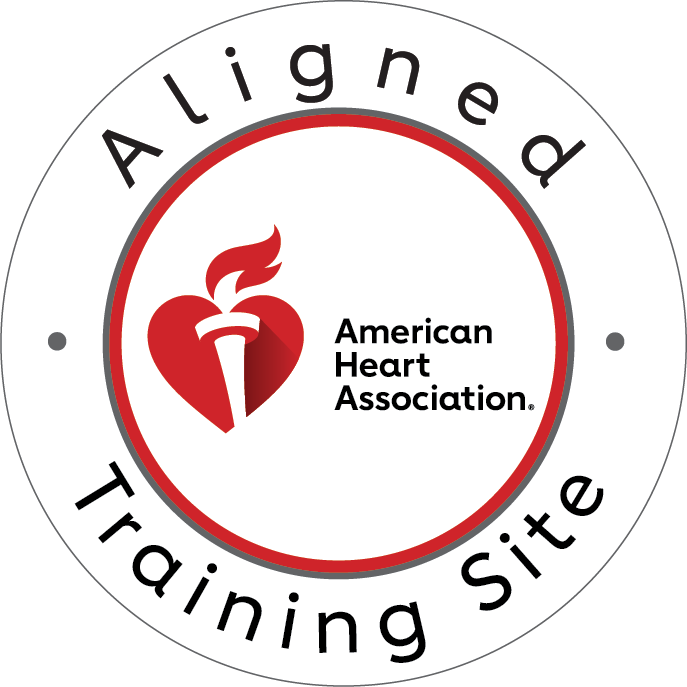Introduction to ACLS Primary Assessment
The Primary Assessment Algorithm in Advanced Cardiac Life Support (ACLS) represents a systematic approach to evaluating and treating patients in critical conditions. This fundamental framework helps healthcare providers quickly identify life-threatening situations and initiate appropriate interventions. The algorithm emphasizes rapid assessment and decision-making, ensuring that critical patients receive optimal care during the first crucial minutes of their emergency.
Initial ACLS Assessment: Immediate Recognition
The cornerstone of the Primary Assessment Algorithm begins with determining responsiveness and checking for breathing. Healthcare providers must quickly establish whether the patient is conscious and breathing normally. This initial evaluation takes no more than 10 seconds and sets the foundation for subsequent interventions. During this phase, providers simultaneously check for a pulse while assessing breathing, maximizing efficiency in critical moments.
ACLS Algorithm: Activation of Emergency Response
When a patient is found unresponsive or in critical condition, the algorithm dictates immediate activation of the emergency response system. In a hospital setting, this means calling the code team, while in an outpatient environment, it requires activating emergency medical services (EMS). This step ensures that additional resources and expertise are en route while initial care begins.
ACLS Primary Survey: The ABCs
Airway Assessment and Management
The priority in the ACLS algorithm focuses on airway evaluation and intervention. Healthcare providers must quickly determine if the airway is patent and protected. This assessment includes:
- Looking for visible obstructions
- Listening for abnormal breathing sounds
- Determining the need for advanced airway management
- Implementing appropriate airway positioning techniques
If the airway requires intervention, providers must immediately employ appropriate measures, which may include:
- Head-tilt chin-lift maneuver
- Jaw thrust for suspected cervical spine injuries
- Insertion of advanced airway devices when indicated
- Removal of visible foreign bodies
Breathing Evaluation and Support
Following airway assessment, the algorithm proceeds to evaluate breathing quality and effectiveness. Healthcare providers must assess:
- Respiratory rate and depth
- Work of breathing
- Chest rise and fall symmetry
- Presence of abnormal breath sounds
- Need for supplemental oxygen or ventilatory support
Immediate interventions for breathing problems may include:
- Providing supplemental oxygen
- Initiating bag-mask ventilation
- Preparing for potential intubation
- Addressing underlying causes of respiratory distress
Circulation Assessment and Management
The circulation component represents a critical element of the Primary Assessment Algorithm. Providers must quickly evaluate:
- Pulse presence and quality
- Blood pressure measurements
- Skin color and temperature
- Capillary refill time
- Signs of bleeding or fluid loss
ACLS Algorithm: Secondary Assessment
Disability and Neurological Status
After addressing immediate life threats, the algorithm progresses to a rapid neurological assessment, including:
- Level of consciousness using the AVPU scale (Alert, Voice responsive, Pain responsive, Unresponsive)
- Pupillary response
- Motor function
- Glasgow Coma Scale evaluation
- Blood glucose measurement when indicated
Exposure and Environmental Control
The final component of the Primary Assessment Algorithm involves:
- Complete body examination
- Temperature assessment
- Protection from environmental extremes
- Preservation of patient dignity
- Documentation of findings
ACLS Decision Points and Interventions
Rhythm Assessment and Recognition
The algorithm incorporates continuous cardiac monitoring and rhythm interpretation, enabling providers to:
- Identify life-threatening arrhythmias
- Determine the need for immediate defibrillation
- Recognize signs of cardiac compromise
- Initiate appropriate pharmacological interventions
Differential Diagnosis Consideration
Throughout the primary assessment, healthcare providers must consider potential underlying causes, including:
- Hypoxia
- Hypovolemia
- Hydrogen ion (acidosis)
- Hypo/hyperkalemia
- Hypothermia
- Tension pneumothorax
- Tamponade (cardiac)
- Toxins
- Thrombosis (pulmonary and coronary)
Documentation and Communication in ACLS
Proper documentation of the Primary Assessment Algorithm findings includes:
- Timing of interventions
- Patient responses to treatment
- Medication administration
- Team communication
- Changes in patient status
- Transfer of care information
Quality Improvement and Team Dynamics
Successful implementation of the ACLS Primary Assessment Algorithm requires:
- Regular team training
- Clear role assignment
- Effective communication strategies
- Continuous quality improvement
- Regular protocol updates
- Performance feedback
Conclusion
The Primary Assessment Algorithm in ACLS provides a structured, systematic approach to evaluating and treating critically ill patients. By following this algorithm, healthcare providers can ensure comprehensive patient care while maintaining efficiency and effectiveness in emergency situations.
Call to Action
Ensure your team is prepared to implement the ACLS Primary Assessment Algorithm effectively by obtaining or renewing your certification today. CPR Nashville offers comprehensive ACLS certification Nashville programs, designed to build confidence and competence in emergency care. Our stress-free, hands-on ACLS courses provide the skills and knowledge needed to save lives.
For healthcare providers seeking to enhance their emergency response capabilities, we also offer CPR certification in Nashville classes. As an American Heart Association training site, we maintain the highest standards in medical education and practical training. Contact Best CPR in Nashville today to schedule your certification or renewal course and join the ranks of confident, well-prepared healthcare providers in our community.





